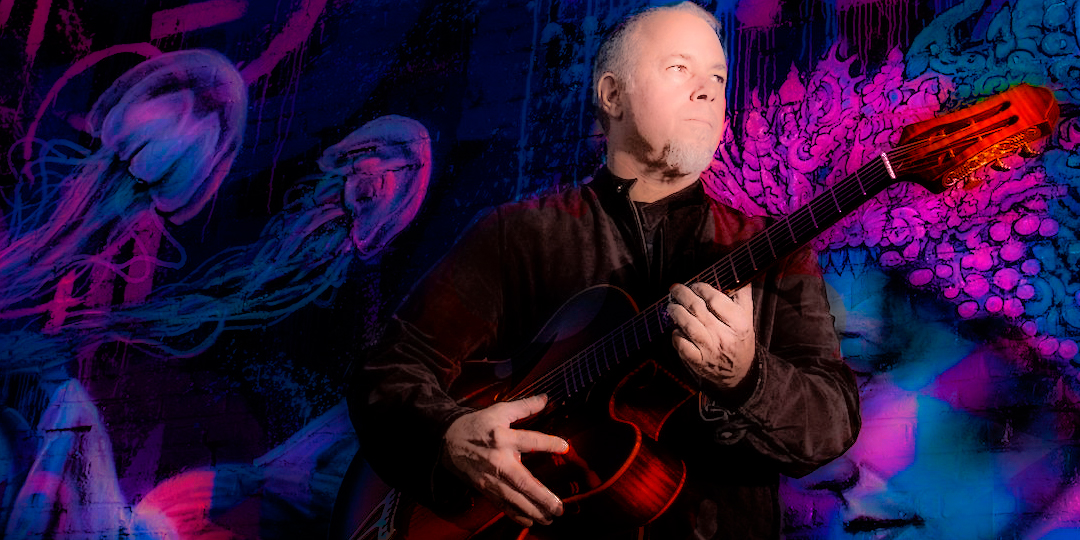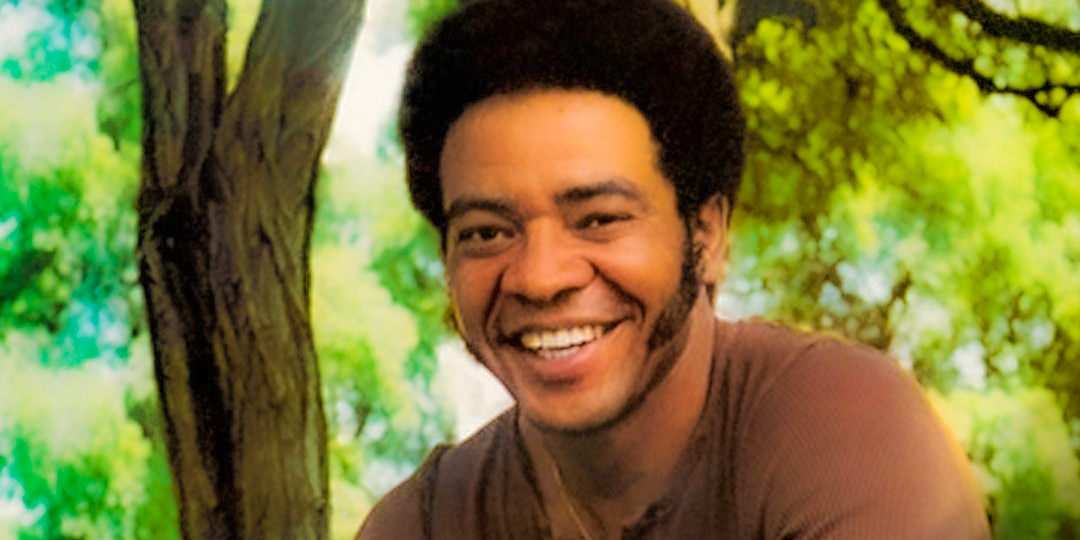Scientific studies demonstrate the power of music and how it affects our brains and our health. You want to know why?
In Ancient Greece, Plato already claimed that with calm music it was possible to alleviate the pain of the sick and contain the anger of the violent. More recently, Miguel de Cervantes makes reference in Don Quixote when in Dorotea’s words he assures that “music composes decomposed spirits and alleviates the works that are born from the spirit”.
And scientific studies of the 19th and 20th centuries confirm that the D2 gene, receptor for dopamine, is the one in charge of establishing relationships between the sound it perceives in the environment (noise and music) and the moods generated through brain activity. Confirming the influence of music in the creation of neuroimages that transform into sensations.
An analysis of 5 studies on music for depression concludes that music therapy is acceptable for depressed patients because it helps improve their moods. Music has proven helpful in helping patients with serious medical conditions like cancer, burns, and multiple sclerosis who are also depressed.
Music, from an early age, stimulates attention and memory capacity, imagination and creativity. It also has the ability to mitigate stress, and according to a 2008 University of Maryland study, there is an intrinsic relationship between music and cardiovascular health
Another, more recent test is a 2019 study by the Finnish Academy, using brain imaging to reveal how neural responses to different types of music affect a person’s regulation of emotions. The team of researchers looked for a relationship between mental health, musical preference habits and neural responses to music by looking at a combination of behavioral information and neuroimaging. The results, published in the journal Frontiers in Human Neuroscience, show a relationship between the style of music heard and the activity of the prefrontal mid-cortex, meaning that certain types of music can have long-term effects on the brain.
In addition, advances in neurology and neuropsychology have allowed patients with Parkinson’s or Alzheimer’s disease to be treated with music in recent years, as the US organization shows at Music&Memory.
These 6 scientific arguments demonstrate that the power of music is not only to activate large areas of the brain, but to influence our mood. And from Smooth Hot Jazz we want to give you unlimited happiness, hand in hand with the most beautiful music in the world, because as the philosopher Friedrich Nietzsche said: “without music life would be a mistake”.

















